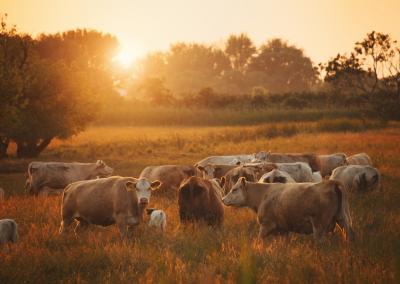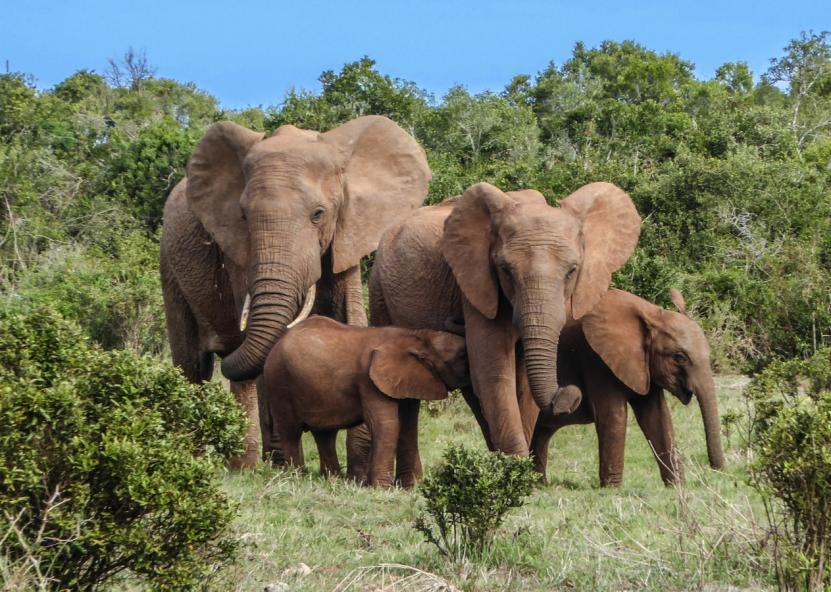200 elephants to be slaughtered in Zimbabwe due to food shortages
Zimbabwe plans to slaughter 200 elephants as part of its fight against an unprecedented drought that has led to food shortages and to address its growing animal population, the country's wildlife watchdog said on Friday.
Zimbabwe's environment minister told parliament on Wednesday that the country has „more elephants than it needs“, adding that the government has instructed the Zimbabwe Parks and Wildlife Service („ZimParks“) to begin the process of exterminating elephants.
200 elephants will be hunted in areas where they come into contact with humans, including Hwange, home to Zimbabwe's largest nature reserve, „ZimParks“ managing director Fulton Mangwanya told AFP.
Zimbabwe is home to around 100,000 elephants and has the second largest elephant population in the world after Botswana.
According to „ZimParks“, Hwange is home to 65 000 elephants thanks to conservation efforts, more than four times the number that could be there. The last time elephants were killed in Zimbabwe was in 1988.
Namibia, which is battling its worst drought in decades, has already eradicated 160 elephants out of an estimated 700.
Zimbabwe and Namibia are among a number of southern African countries that have declared a state of emergency due to drought.
But the move to hunt animals for food has not been welcomed by all.
„The government needs to have more sustainable and nature-friendly methods to deal with the drought without damaging tourism. This runs the risk of turning tourists away for ethical reasons. Elephants are more profitable alive than dead,“ said Farai Maguwu, director of the non-profit Centre for Natural Resource Management.
„We have shown that we are poor custodians of natural resources and our appetite for illegally acquired wealth knows no bounds, so this has to stop because it is unethical“, – he said.But conservationist and CEO of the Namibian Chamber of Environment, Chris Brown, said that „elephants are having a devastating impact on habitats if they are allowed to breed continuously, exponentially“.
„They really damage ecosystems and habitats, and also have a huge impact on other species that are less well-known and therefore seem less important to Eurocentric, urban couch potato conservationists,– he said. These species are just as important as elephants.










































































































